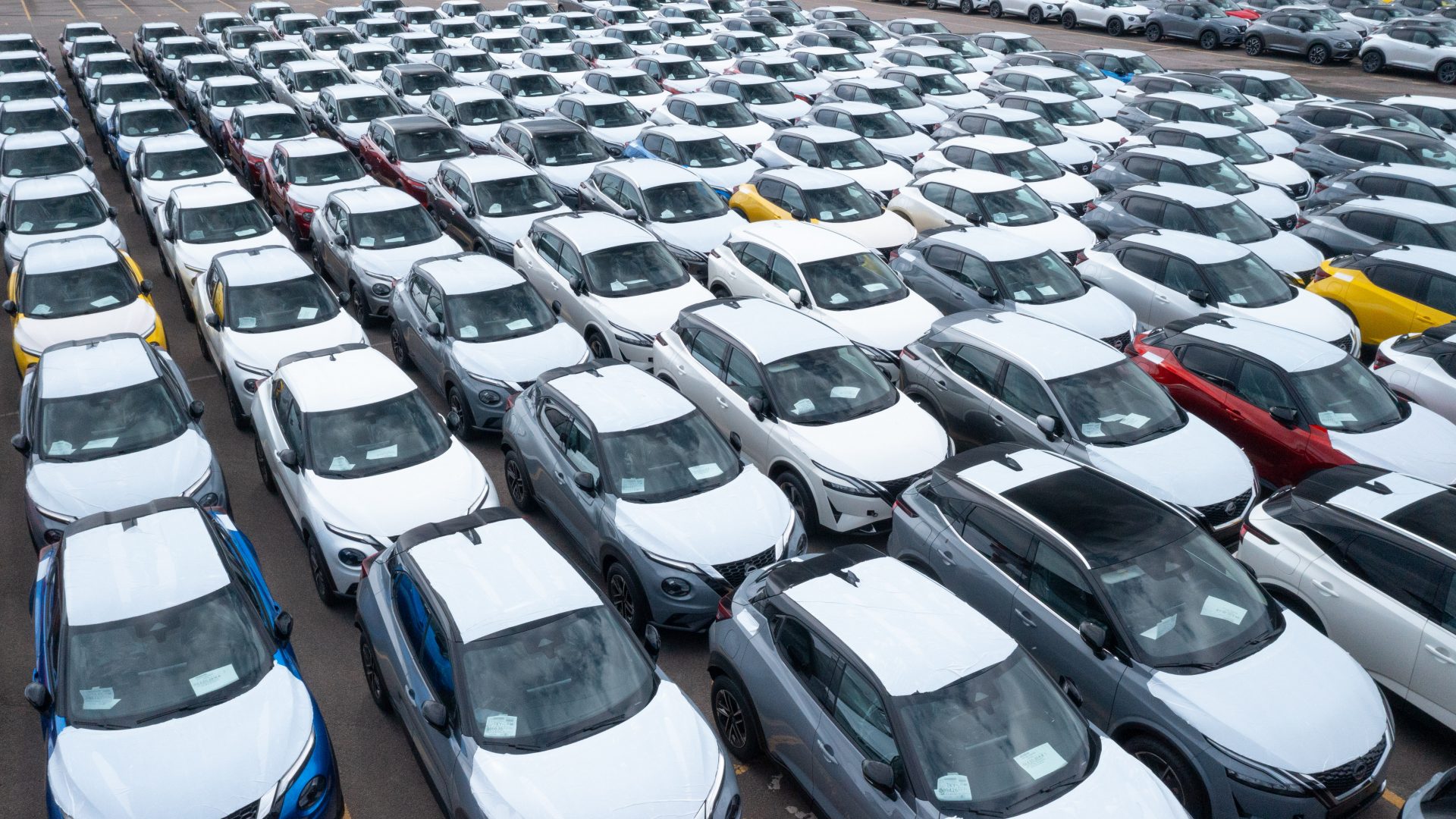As fleet management becomes ever more complicated, those lacking dedicated management personnel will struggle to keep pace with change.
That’s according to Association of Fleet Professionals (AFP) deputy chairwoman Lorna McAtear, who says in Cox Automotive’s Insight Quarterly that companies running large fleets can no longer rely on outsourcing.
‘If an organisation wants to save money, remain compliant and be prepared for the future, it can do no wrong in employing a dedicated fleet manager,’ she writes.
The unrelenting pace of change is part of the reason for her call to action, with the transition to alternative fuels creating a number of headaches for fleet managers that still need to be addressed.
‘We are seeing a huge and continued increase in charging infrastructure, but it is still a long way off the utopia that many believe they need before they will even personally embark on a change,’ McAtear claims.
In addition to this, she calls for action on deploying funding quickly, equalisation of VAT on charging at home versus public, the ability to have more community charging projects and a national kerbside strategy.
Similarly, improved labelling of vehicles (WLTP in all seasons and AC/DC up-to charging speeds), simplifying regulations around vehicle weights, MOTs and licence categories, as well as support for used EV sales and benefit-in-kind rules should all be issues that political parties are addressing in order to stamp out confusion – something McAtear claims isn’t happening.
‘None of these appear to be included in the political party manifestos I’ve seen. And they don’t touch on vans, HGVs, niche vehicles or hydrogen-powered vehicles,’ she adds.
The continual streamlining of OEM businesses is another issue that McAtear highlights, with a lack of representatives to talk to slowing the processes and often leading to issues remaining unresolved.
‘Once upon a time, having a dedicated UK fleet boss and dedicated commercial vehicle teams was standard practice. These individuals drove the business and built customer relationships, but they no longer seem to exist,’ she writes.
Cox Automotive insight director Philip Nothard agrees that the role of a fleet manager is undoubtedly changing.
He said: ‘Fleets remain crucial to the future growth of the industry as a whole, and addressing the issues that lie in that area is key to ensuring a smoother transition to a more sustainable future.’
Nothard also concurs that governmental action is essential to help fleet operators make the transition to alternatively fuelled vehicles.
‘Any new government should listen to and act on what sector leaders are saying. That is especially true when it comes to the many issues around charging infrastructure,’ he says.

































